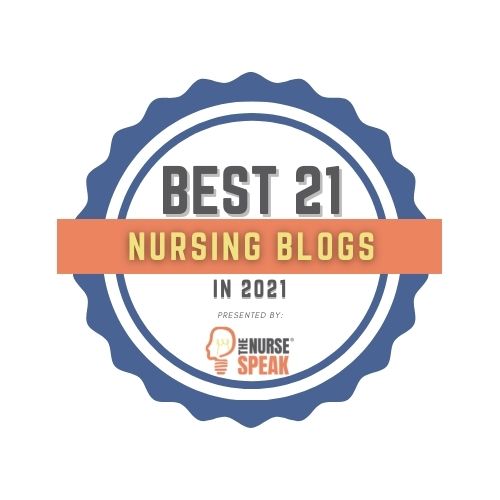
In 2017, the demand for nurses in the United States is steadily increasing. According to the Bureau of Labor Statistics (2016), employment trends of registered nurses is projected to grow 15 percent from 2016 to 2026, which is faster than the average for all occupations. As a result, nursing job opportunities have flourished across the country, opening the doors for exciting change. This article will review the states with the highest demand for nurses, discuss the average salary that nurses earned, explore nursing specialties that rapidly growing, and compare travel nursing with traditional nursing.
These States want more Nurses
California, Florida, New York, Ohio and North Carolina are five states that need more nurses. With their high populations, as well as a particularly high aging population, they will need all the nurses they can get! As the population ages, the medical needs of that population rise. Thus, the demand for nurses consistently increases.
Average nurse salary
Salary ranges vary by specialty, location and years of experience. The average salary for a Registered Nurse in 2016 was about $69,000, according the Bureau of Labor Statistics (2017). This number rises each year. In popular cities like San Francisco, RNs can make more than $100,000 per year.
One way to be sure to increase your salary is by earning an advanced degree such as an MSN. According to Jacksonville University (2017), nurses who have attained an MSN degree, salaries tend to be considerably higher than what they could earn with only a bachelor’s in nursing degree.
Here are a few examples of yearly earnings for the following job titles with an MSN:
- Nurse Practitioner (NP) $77,136 – $111,599
- Head of Nursing $180,877 – $246,067
- Nursing Director $118,541 – $156,146
- Nursing Supervisor $76,350 – $98,328
- Nurse Educator (Hospital) up to $104,150
- Nurse Educator (College or University) up to $85,500
Nursing Specialties in Demand
The following specialties have the highest projected growth rate:
- Emergency medicine
- Gastroenterology
- Dialysis
- Radiology
- Cardiology
Nurses who are specialized within these areas of patient care often find little to no issue in finding jobs. Of course general medical surgical nursing is still one of the most needed positions needed, but if you are well versed in cardiology and emergency medicine, you will never have an issue getting a clinical position.
Traditional nursing and travel nursing
Traditional nursing means having a consistent job in the same place, such as a hospital on the cardiac observation unit. Some nurses love being able to see repeat patients and get to know them, as well as get to know their coworkers and facility policies. Other nurses find traditional nursing gets weighed down by paperwork or facility politics, and desire the freedom to make their own schedule, and work in a variety of settings throughout the year.
Travel nursing is always a new adventure, with assignments typically lasting 13 weeks, but can be shorter or longer. Familiarity and routine can be comforting at times; however, travel nursing offers exciting changes of scenery, and new challenges that arise with each new contract. Travel nursing means less paperwork and facility politics, and more time caring for patients.
To learn more about the pros and cons of travel nursing, check out the article What it’s like to be a Travel Nurse to learn more.
So that’s our 2017 Nursing Trends Review. I hope that you find this information helpful in mapping out your future,
If you need any further assistance in developing strategies for success, please feel free to drop me a line by filling out the client inquiry form at thenursespeak.com/contact.
Best Wishes!
-Damion













